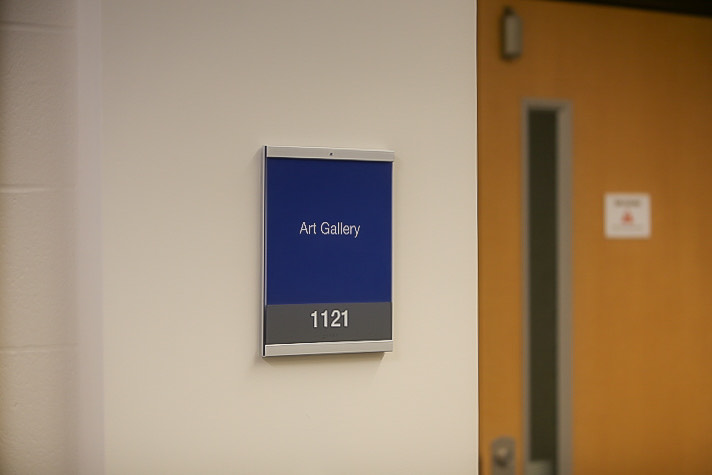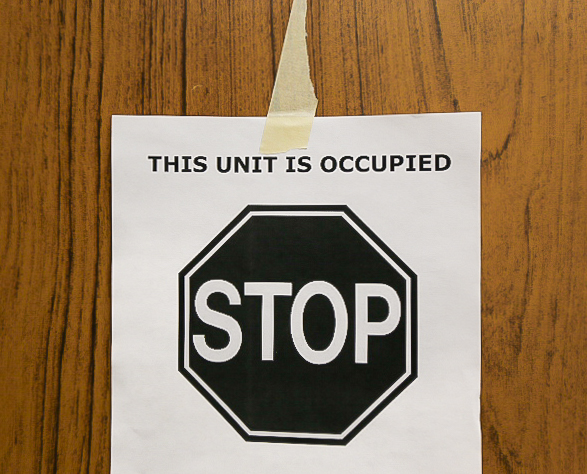Editorial: Candidates’ concessions do not merit our respect
Nov 14, 2022
Following the results of the 2022 midterm elections, many found themselves both surprised and elated that candidates who had previously questioned or denied the results of the 2020 elections across the nation and in Michigan conceded after the results revealed their defeat.
Such concessions and peaceful transfers of power were commonplace in years past, but it seems to no longer be guaranteed as candidates such as former President Donald Trump, who made consistent and baseless assertions that the 2020 presidential election was stolen, are still inciting conspiracies surrounding the outcomes of the midterms.
“The Absentee Ballot situation in Detroit is REALLY BAD… People are showing up to Vote only to be told ‘Sorry, you have already voted,’” Trump posted on his social platform, Truth Social. “This is happening in large numbers, elsewhere as well. Protest, Protest, Protest.”
Further accusations went as far as to claim that ballots were altered due to voting machines being connected to certain WiFi networks, a Wisconsin poll worker illegally filling out ballots and claims of strategically designed wait times that obstructed predominantly right-leaning voters from casting their ballots in Arizona.
However, a widespread return this election cycle to both candidates conceding races and voters rejecting election-denying candidates could demonstrate a better future for the political climate in the U.S.
In one example, Michigan gubernatorial candidate Tudor Dixon initially refused to comment during her campaign about her belief in the validity of the 2020 Presidential election results. At one point she referenced and supported election conspiracies, stating that Secretary of State Jocelyn Benson “did things that were considered unlawful by a judge” during the presidential election.
In her own election, however, Dixon conceded to Democratic Governor Gretchen Whitmer.
“I called Governor Whitmer this morning to concede and wish her well,” Dixon said in a statement released on Nov. 9.
Rejection of these conspiracies seems to be a hopeful step in ensuring that democracy will be ‘truthful’ in future years, especially as many election deniers running for public office in other states lost the races.
Such hope, relief and optimism, however, are not feelings we should experience when democratic norms and peaceful power transfers do proceed.
From the well-functioning, robust democracy we claim ourselves to be, we should expect nothing less than for candidates to respectfully concede their races when the voters have spoken against them. Such should be the norm, not the hopeful exception for which we must wait in suspense to see whether it will truly transpire.
The fact that such concessions and respect for democratic power transfers are a sign of hope for many represents an immeasurably concerning narrative in contemporary American politics.
Such is why, when a candidate concedes, we should not respect them for that act alone – as it is expected if not required in a democracy. Similarly, when a candidate does not concede, we must reject such acts and recognize them for what they are: an affront to the democracy we claim to hold so dear.

























